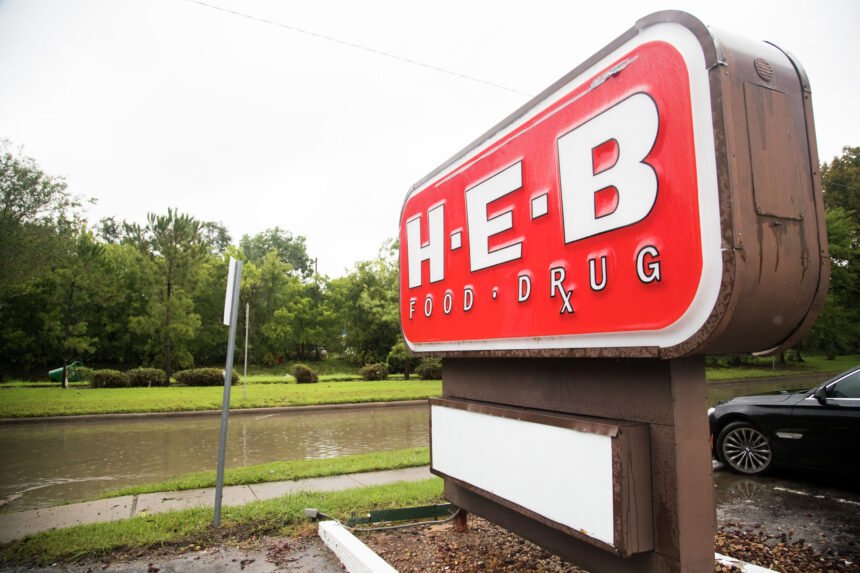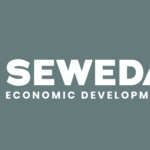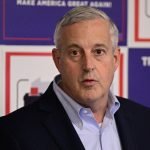Texas grocer H-E-B, along with Kroger, Albertsons and Walgreen Co., is accusing pharmaceutical companies of hurting competition.
A recently filed lawsuit alleges Japanese drug maker Takeda Pharmaceutical and Taiwan-based TWi Pharmaceuticals made a reverse payment deal that involved TWi opting not to launch a generic version of Takeda’s gastroesophageal reflux treatment until January 2022.
The lawsuit alleges that the deal was struck to “prolong Takeda’s monopoly unlawfully” and give TWi a temporary monopoly over sales of the generic drug, which has a brand name of Dexilant.
Now, the retailers are seeking unspecified damages over overcharges from buying a branded version when a generic one could have been available sooner.
The lawsuit was filed March 25 in the U.S. District Court for the Northern District of California. It was shortly followed by another lawsuit brought by the same retailers against Israel-based Teva Pharmaceuticals and subsidiaries.
The antitrust complaint alleges Teva suppressed generic competition for a drug known as Copaxone, which treats multiple sclerosis. In the case, which was filed April 3 in the U.S. District Court for the District of Vermont, the retailers are aiming to recover overcharges for the drug that were paid before March 2022.
The latest legal action against Teva comes shortly after the company previously agreed to pay a $450 million settlement in October 2024 to resolve kickback allegations relating to copayments and price fixing. The alleged kickbacks set off a proposed class action lawsuit against Teva in 2022, the San Antonio Express-News reports. H-E-B was part of the class seeking certification in the pending lawsuit.











